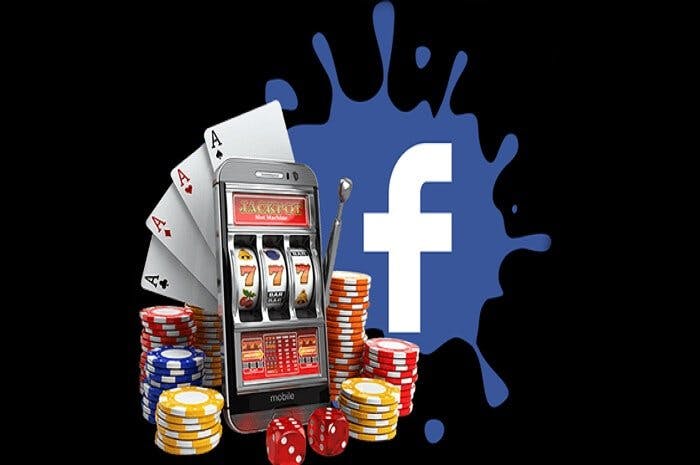
Social Casinos: A Different Kind of Gambling in a community?
On the face of it, gambling without any chance of reward might seem like an uninteresting and pointless activity but for nearly 11 million people, it’s a great activity. This has all been made possible through the rise of ‘Social Casinos’ that are increasingly gaining notoriety throughout the online casino world.
They represent a growing number of alternatives to traditional Pay and Play online casinos that also includes live-dealer casinos.
Players simply download an app or visit a website that allows them to play a variety of their favorite games such as Zynga Poker and Slotomania – the only difference being that there is no monetary gain to be had from playing these games. You do not use real money and do not receive a payout when you win. They are played purely for their entertainment value only.
Apps are not the only way to access social casino games though. They have grown exponentially through Facebook where the majority of games are now played. This is mostly because players can use FB to invite their friends to play, with incentives offered for every new player recruited. In unsurprising then that there are nearly 11 million players every day and the industry has tripled in value to more than $4 billion.
Some of the games are run by independent casinos, however many are licensed by real casinos using charity and social gaming as a marketing tactic to keep customers thinking about gambling and their favorite games even when not in the casino. It is in their best interest to keep the barrier of entry to a minimum.
Many people play social games purely for their entertainment value. Its the thrill of the game that inspires the userbase as opposed to the reward. Most often, groups of friends will get together to play a few rounds of poker or a few spins on the slot machines. Many of the sites also offer leaderboards, allowing players to track their own progress as well as the progress of their friends, adding a competitive dynamic.
As most social casinos require no payment, they attract a much wider audience than traditional online casinos. Couple this with the ease of use through a simple app download or facebook integration and it creates some incredibly interesting demographics. While gambling is often seen as a particularly male-dominated activity, almost half (46%) of all social casino players are women.
Should I join a social casino?
One of the major advantages of social casinos is that they can be legal in jurisdictions where online gambling is prohibited because they don’t involve actual money. Their audience is much wider too, being available to people who cannot or do not gamble for moral and religious reasons. Social casinos are also easier to find because app stores like Google Play will not allow real gambling apps.
Many online casino players also use social casinos as a way of practicing their favored games like blackjack or roulette due to the pressure-free environment they offer.
Though some authorities have expressed concern that social casinos can act as a gateway into real gambling and spark a gambling addiction. There are also ethical concerns being raised over how the games are being marketed, with questions being asked about how Facebook’s data is being used to deliberately target vulnerable people with advertising for social casino games.
Alongside this, while any payment is not strictly necessary, many sites operate on a pay-to-win or ‘freemium’ model where players voluntarily choose to pay real-world money for in-game extras such as gifts or experience boosts. Roughly 20% of players regularly pay real-world money for in-game benefits.
These can rack up very quickly, leading to horror stories where people spend thousands of dollars on these kinds of purchases. These kinds of scenarios are further enhanced by the lack of regulation on social casino games as they are not classified as gambling. The best way to avoid this is similar to any gambling scenario – set your limits and stick to them.